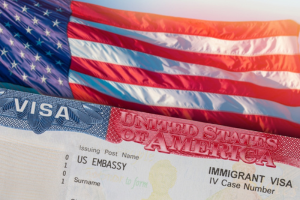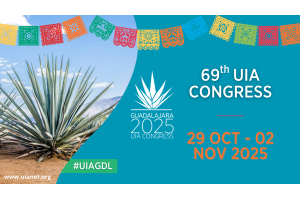Immigration Law Under Pressure: UK and France Confront Populism
On both sides of the Channel, immigration lawyers describe the same headwind: populist politics tightening rules while practitioners fight to keep rights meaningful. In London, Solicitor Matthew Wills from the firm Laura Devine sees a system “in constant flux,” with ministers proposing to stretch the standard route to permanent status from five to ten years—even for migrants already on a five-year track.
In Paris, Lisanne Chamberland-Poulin from Hope Avocats points to France’s 2024 Immigration Law, which abolished protections that once shielded some long-term residents from removal and elevated threats to public order as a decisive factor in residency decisions.
The populist turn is the common thread.
Wills traces the UK’s trajectory to post-Brexit distrust: higher family-migration income thresholds, citizen-on-citizen checks, and the now-abandoned Rwanda plan all grew from a climate in which, he notes, the Prime Minister cast the UK as an “island of strangers” when unveiling policy in May 2025.
Chamberland-Poulin sees a similar dynamic in France, where debate “remains unfortunately focused on the minority of foreigners who make headlines through criminal incidents,” driving measures that land hardest on people “who only wish to live peacefully in France by working and integrating.”
Yet there are countercurrents. In Britain, the public’s embrace of Homes for Ukraine showed, as Wills puts it, that “the electorate can in fact be receptive to more ‘positive’ immigration proposals.” In France, the same 2024 law that toughened enforcement also eases regularisation through work for employees in shortage occupations, letting some apply directly for residence without an employer work-permit request—while simultaneously increasing sanctions for unlawful employment.
Both practitioners underscore the lawyer’s role when confidence is fragile and procedure frays. Wills recounts overturning a refusal for a Nigerian client—securing permanent residence after a decade of delays—through targeted representations that exposed assessment errors. Chamberland-Poulin describes filing challenges to force consulates to grant long-stay-visa appointments: “The simple fact of being assisted by a lawyer is already a protection of a migrant’s rights… Without a lawyer, the clients were completely powerless.”
The next decade, they agree, brings more pressure. Wills expects higher salary thresholds, narrower Article 8 ECHR discretion, and talk of “earned citizenship.” Chamberland-Poulin anticipates tougher action on irregular stay and removals—yet insists the country’s demography and economy require sustained migration, with language and integration front and centre.
Across the Channel, the verdict converges: immigration law is being remade in the arena of politics, but its daily meaning will continue to be written by advocates who test decisions, force access, and keep legality—and humanity—in the frame.
Marc-André Seguin,
Editor-in-chief, UIA Newsletter
Lisanne Chamberland-Poulin
Hope Avocats
Bordeaux, Paris
Matthew Wills
Laura Devine Immigration Law
London, U.K






